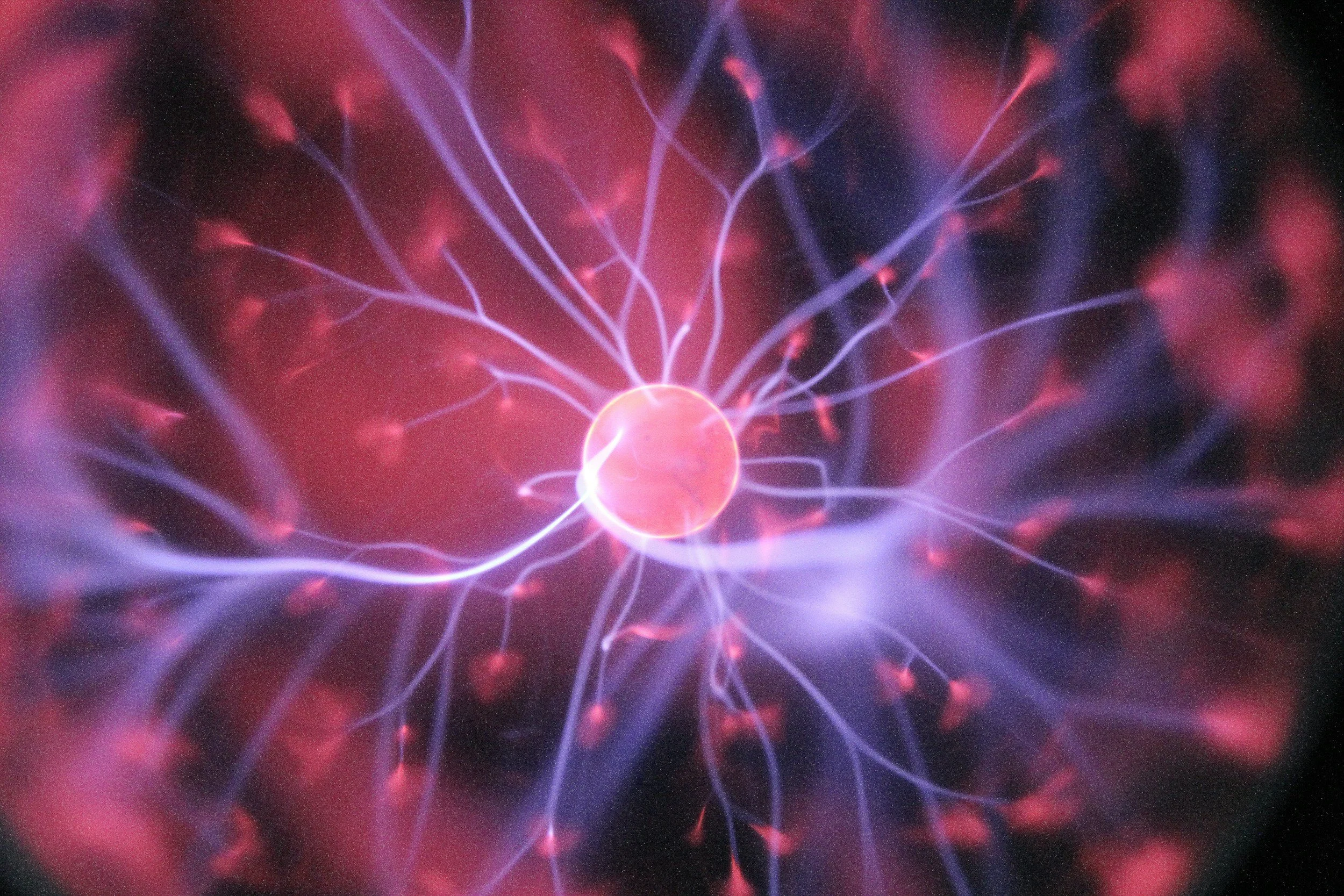Rhythm-coded sensory systems for cognition, emotion, and interaction.
Quantify emotion. Design cognition.
-

🧠 Neuroscience & Cognitive Research
Perceptual rhythm modeling for attention, learning, and emotional state transitions.
Applications in labs, behavioral science, neuropsychology, and cognition-driven design protocols. -

🏥 Healthcare & Mental Health
Rhythmic sensory inputs as interventions for stress, sleep, recovery, and neuroplasticity.
Integrated with digital therapeutics, emotional self-regulation tools, and real-time physiological feedback loops -

🧑🏫 Education & Learning Environments
Multisensory rhythm design to enhance focus, memory retention, and classroom dynamics.
Adaptable to K–12 and higher ed platforms, neurodiverse education, and cognitive training products. -

🖼️ Cultural & Experiential Design
Programmable rhythm layers for immersive storytelling, spatial emotion, and memory encoding.
Deployed in exhibitions, experiential spaces, art installations, and sensorial brand activations. -

⚙️ Smart Interfaces & Human-Computer Integration
API-level rhythm-persona logic for next-generation sensory interfaces.
Enabling emotion-aware devices, wearable cognition, ambient computing, and XR sensory layers. -

🧬 Consumer Experience & Brand Identity
For adopters seeking sensorial identity systems beyond visual and verbal cues.
Map your brand’s perceptual rhythm and express it across multisensory consumer touchpoints.